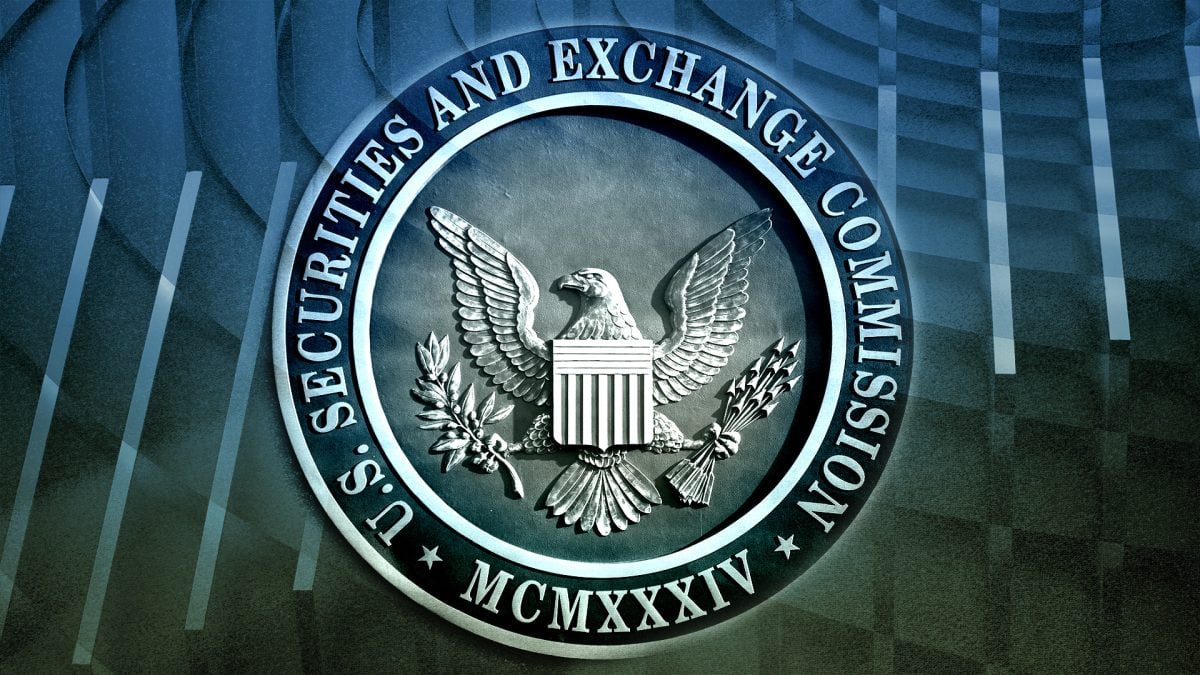In a landmark decision that marks a significant escalation in the U.S. Securities and Exchange Commission’s (SEC) enforcement actions within the cryptocurrency sector, Terraform Labs and its founder, Do Kwon, face a proposed fine of $5.3 billion. This development follows a meticulous investigation and a concise trial period held in New York this April, positioning this case as a pivotal moment in regulatory oversight of digital assets.
Terraform Labs, under the leadership of Do Kwon, has been embroiled in controversy following the catastrophic collapse of its algorithmic stablecoin, which precipitated a widespread financial disruption across the cryptocurrency industry two years ago. The fallout from this event has been profound, influencing regulatory stances and market dynamics globally.
Details of the SEC’s Allegations
The SEC’s investigation culminated in findings that Kwon and Terraform engaged in fraudulent activities by concealing inherent risks in their trading scheme. These activities were purported to maintain the solvency of their UST stablecoin and to support the implausibly high yields of 20% offered by Terraform’s Anchor lending platform. Notably, Kwon, who was apprehended in Montenegro with a counterfeit passport, did not participate in the trial and is currently pending extradition proceedings.
The SEC’s request for a $5.3 billion penalty not only sets a precedent in terms of the magnitude but also underscores a more stringent regulatory approach toward cryptocurrency enterprises. This proposed fine significantly surpasses previous penalties, including a $1.8 billion suggestion for Ripple and a substantial $4.3 billion settlement involving Binance with various U.S. regulators.
Legal and Regulatory Perspectives
Experts view the size of the proposed fine as indicative of the SEC’s intensified focus on compliance and deterrence. According to Andrea Tosato, an assistant professor at the University of Pennsylvania, this enforcement strategy aims to convey that the risks associated with non-compliance far outweigh any potential rewards.
The broader implications for the cryptocurrency industry are significant, with the SEC leveraging these high-profile cases to foster a compliance-oriented environment. This strategy aligns with the Biden administration’s directive to regulate the cryptocurrency sector as a national priority, following several high-profile market collapses in 2022.
In response to the SEC’s demands, Terraform’s legal team argues for a maximum fine of $3.5 million, while Kwon’s counsel suggests capping it at $1 million. These figures starkly contrast with the penalties historically imposed by the SEC in similar contexts, where significant fines were typically reserved for clear-cut cases of fraud and securities violations.
Industry Reaction and Future Outlook
The cryptocurrency community and legal experts are closely watching the outcome of this case, which could set important precedents for how financial regulations are applied to digital assets. The SEC’s assertive stance may also influence the global regulatory landscape, prompting other jurisdictions to adopt similar measures.
As the court deliberates on the appropriate sanctions for Terraform and Kwon, the cryptocurrency sector remains on alert for the final judgment, which could redefine regulatory expectations and enforcement norms for years to come.










